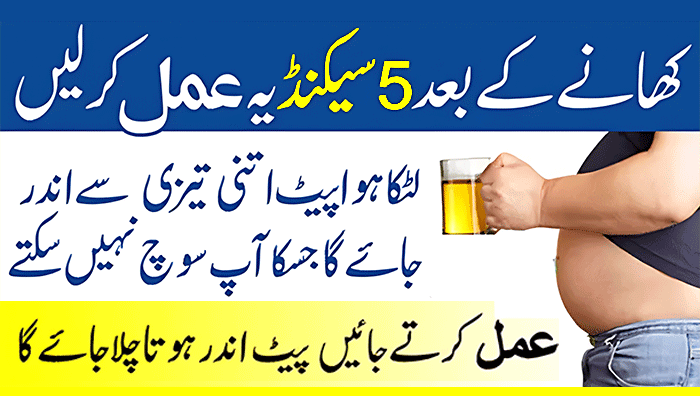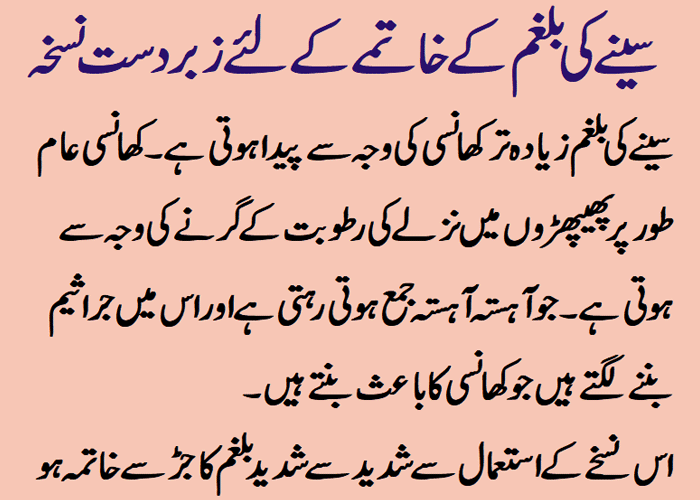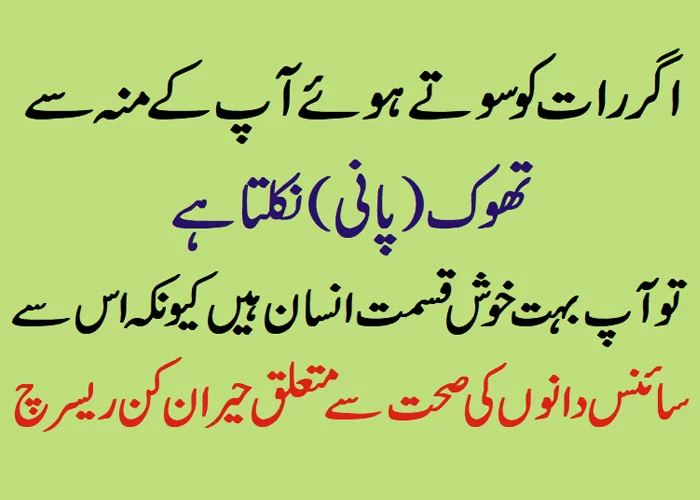
High blood pressure, or hypertension, is a prevalent health concern that affects millions of individuals worldwide. Often referred to as the “silent killer,” hypertension can go unnoticed for years, causing damage to vital organs.
What is Hypertension? Hypertension occurs when the force of blood against the walls of the arteries is consistently too high. Blood pressure is measured in millimeters of mercury (mmHg) and is recorded as two numbers. The first number, or systolic pressure, represents the force when the heart beats, while the second number, or diastolic pressure, represents the force when the heart is at rest. A normal blood pressure reading is typically around 120/80 mmHg.
Hypertension Treatment With Home Remedy
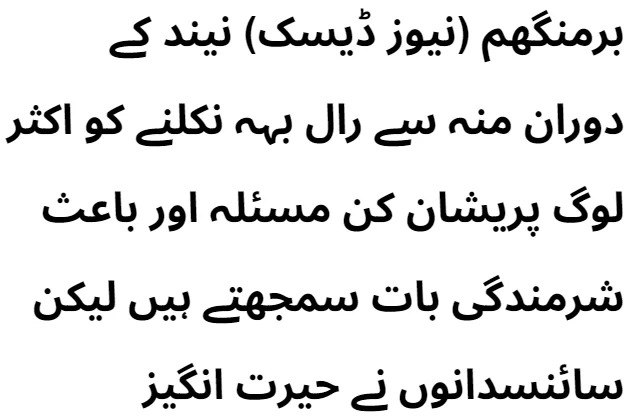
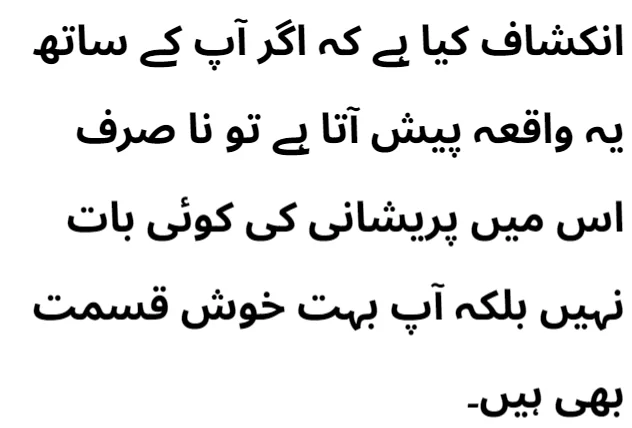
Garlic is believed to have blood pressure-lowering properties. You can incorporate fresh garlic into your cooking or consider garlic supplements after consulting with your healthcare provider.
Foods rich in omega-3 fatty acids, such as fatty fish (salmon, mackerel, and trout), flaxseeds, and walnuts, may have a positive impact on blood pressure.


How Can I Know If I Have High Blood Pressure?
Detecting high blood pressure is crucial for timely intervention. Fortunately, checking your blood pressure is a simple process that can be done at home using a blood pressure monitor. Regular monitoring helps identify any abnormalities and allows for prompt consultation with a healthcare professional.


Causes of Hypertension
Understanding the causes of hypertension is vital for effective management. While the exact cause may not always be clear, several risk factors contribute to its development. These include:
Unhealthy Lifestyle Habits: Lack of physical activity, a diet high in salt and saturated fats, excessive alcohol consumption, and smoking can significantly increase the risk of hypertension.
Genetics: A family history of high blood pressure can elevate the likelihood of developing the condition.
Age: As individuals age, the risk of hypertension tends to increase. It is essential to monitor blood pressure regularly, especially as you get older.
Chronic Conditions: Certain medical conditions, such as kidney disease, diabetes, and sleep apnea, can contribute to hypertension.
Symptoms of Hypertension
Hypertension is often asymptomatic in its early stages, making regular monitoring crucial. However, as the condition progresses, some individuals may experience symptoms such as:
Headaches: Persistent headaches, especially in the back of the head, can be a sign of elevated blood pressure.
Vision Problems: Blurred or double vision may occur due to increased pressure on the eye’s blood vessels.
Shortness of Breath: Difficulty in breathing and chest pain can result from hypertension affecting the heart and lungs.
Dizziness: Feeling lightheaded or dizzy may be an indication of uncontrolled high blood pressure.
Treatment Options for Hypertension
Effective management of hypertension involves a combination of lifestyle changes and, in some cases, medication. It’s important to consult with a healthcare professional to determine the most suitable approach. Treatment options include:
Medication: Antihypertensive medications, such as ACE inhibitors, beta-blockers, and diuretics, may be prescribed to help regulate blood pressure.
Lifestyle Changes: Adopting a heart-healthy lifestyle is key. This includes regular exercise, a balanced diet rich in fruits and vegetables, limiting salt intake, and avoiding excessive alcohol and tobacco.
Stress Management: Chronic stress can contribute to hypertension. Incorporating stress-reducing activities such as meditation, yoga, or deep breathing exercises can be beneficial.
Home Remedies for Managing Hypertension
In addition to medical interventions, certain home remedies can complement hypertension management. These include:
Regular Exercise: Engaging in moderate physical activity, such as brisk walking or swimming, for at least 30 minutes a day can help lower blood pressure.
Dietary Changes: Adopting a diet low in sodium, saturated fats, and cholesterol while incorporating potassium-rich foods like bananas and spinach can contribute to blood pressure control.
Maintaining a Healthy Weight: Losing excess weight can significantly impact blood pressure levels. Even a small reduction in weight can make a notable difference.
Limiting Caffeine Intake: While the relationship between caffeine and hypertension is complex, moderation is key. Consider reducing your intake of caffeinated beverages and monitor how your body responds.
In summary, high blood pressure is common but can be controlled with some simple steps. Checking your blood pressure regularly, making healthy choices in your daily life, and managing stress are crucial for preventing and controlling hypertension. By doing these things, you can take charge of your heart health and lower the chances of complications linked to high blood pressure.
FAQ about Hypertention
Q1: Can stress alone cause high blood pressure?
A: Yes, chronic stress can contribute to high blood pressure. While it may not be the sole cause, persistent stress triggers the body’s “fight or flight” response, leading to increased heart rate and blood pressure. Managing stress through relaxation techniques, mindfulness, and regular breaks is crucial for overall cardiovascular health.
Q2: Is there a link between sleep and hypertension?
A: Absolutely. Poor sleep quality and inadequate sleep duration have been associated with an increased risk of hypertension. Establishing a consistent sleep routine, creating a comfortable sleep environment, and avoiding stimulants before bedtime can significantly contribute to maintaining healthy blood pressure.
Q3: Can herbal supplements help in managing hypertension?
A: Some herbal supplements, like hibiscus tea and garlic extract, have shown potential in modestly lowering blood pressure.
Q4: Is white coat syndrome a real concern for blood pressure readings?
A: Yes, white coat syndrome, where blood pressure readings are higher in a clinical setting due to anxiety, is a real phenomenon. Home monitoring provides a more accurate representation of everyday blood pressure.
Q5: How does alcohol consumption impact blood pressure?
A: Excessive drinking can lead to high blood pressure. Limiting alcohol intake is advisable for those concerned about blood pressure.
Q6: Can hormonal changes affect blood pressure in women?
A: Yes, hormonal fluctuations, particularly during pregnancy and menopause, can influence blood pressure. Pregnant women should monitor their blood pressure regularly, and women experiencing menopause should discuss any blood pressure concerns with their healthcare provider to determine appropriate management strategies.
Q7: Are there specific foods that can naturally lower blood pressure?
A: Yes, certain foods, such as berries, beets, and leafy greens, are known for their potential to support lower blood pressure. Including these in a balanced diet, along with reducing sodium intake, can contribute to better blood pressure management.
Q8: Can high blood pressure be completely cured through lifestyle changes?
A: While lifestyle changes can effectively manage and sometimes reduce blood pressure, hypertension is often a chronic condition. Consistent healthy choices can significantly improve overall cardiovascular health.



